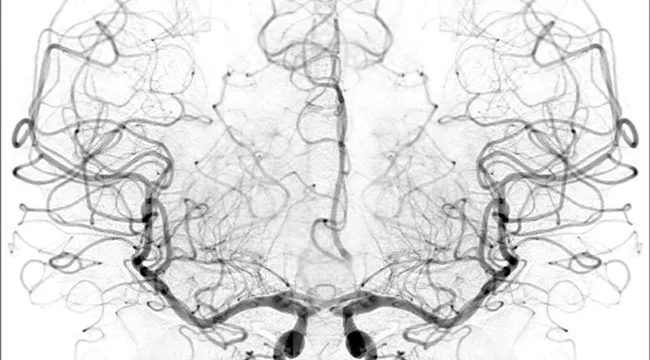Genetic Engineering & Biotechnology News reports that researchers headed by teams at the University of Southern California Neurorestoration Center and at California Institute of Technology (Caltech) have built a simple, noninvasive tool for measuring blood flow in the brain—critical for understanding response to a range of neurological problems, including stroke, traumatic brain injury (TBI) and vascular dementia. The tool is based on a technique known as speckle contrast optical spectroscopy (SCOS), which is currently used in animal studies and has been adapted for potential clinical use in humans. Co-author Jonathan Russin, M.D., now professor and chief of neurosurgery at the University of Vermont, continues to collaborate with the USC Neurorestoration Center.

GEN Reports Russin and Colleagues’ Noninvasive Tool for Measuring Blood Flow in the Brain
Genetic Engineering & Biotechnology News (OCTOBER 21, 2025)
Health & Medicine
October 21, 2025